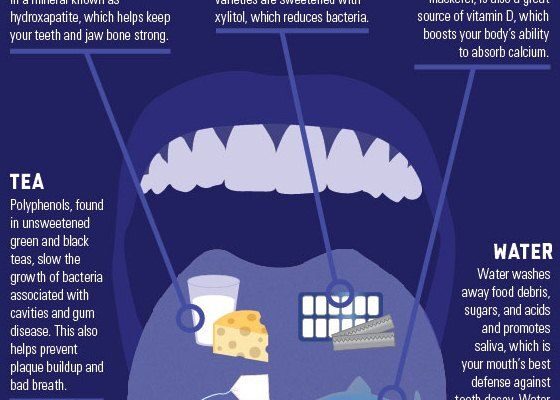For decades, the conventional wisdom echoed through dental offices and health magazines: fruit juices, particularly apple juice, were public enemy number one for tooth enamel. The acid, the sugar—a potent combination poised to dissolve your pearly whites into oblivion. But what if this widely accepted truth was, well, only *partially* true? What if our own bodies possessed a surprisingly robust and agile defense mechanism, often overlooked, that diligently works to protect our teeth?
Revisiting the Apple Juice Enigma
The fear was not entirely unfounded. Acidic beverages can indeed erode tooth enamel, the hard, protective outer layer of our teeth. The concern centered on the rapid pH drop caused by drinks like apple juice, which was believed to leave teeth vulnerable to damage for extended periods. This narrative often led to recommendations for minimal consumption or strict rinsing protocols.
A Saliva-Driven Revelation from Portsmouth
A recent study conducted by the University of Portsmouth, and subsequently published in the esteemed journal PLOS One, has cast a fresh light on this long-held belief. The findings suggest that human saliva is far more effective at defending the oral cavity than previously given credit for, possessing an impressive capacity for rapid recovery and protective film formation.
The Experiment: Apple Juice, Water, and a Surprising Outcome
To unravel the mysteries of oral protection, researchers enlisted 32 volunteers for a rather straightforward, yet revealing, experiment. Participants rinsed their mouths with either apple juice or plain water, while scientists meticulously measured the ability of their saliva to form a protective film on their teeth. The results delivered a pleasant surprise:
- Apple Juice Exposure: As expected, apple juice did temporarily impair saliva`s protective function. However, this disruption was remarkably short-lived. Within a mere 10 minutes, the saliva completely restored its defensive properties, re-establishing its protective shield over the teeth.
- The Water Anomaly: Intriguingly, rinsing with water actually caused *more* temporary damage to the protective layer than apple juice, albeit also for a brief duration. This counter-intuitive finding underscores the complex dynamics of oral biochemistry.
Saliva`s Secret Weapon: The Resilient Mucin
Digging deeper into the mechanics, the research team identified key players in this swift recovery. While some immune proteins in saliva saw a temporary dip after juice consumption, the cornerstone of oral defense—mucin—remained steadfast. Mucin, a glycoprotein, is primarily responsible for the lubrication and protective qualities of saliva. Its stability, even under acidic attack, appears to be crucial for the rapid restoration of the mouth`s protective barrier.
This insight is not just a scientific curiosity; it carries significant implications. Understanding the specific proteins and mechanisms that allow saliva to bounce back so quickly opens doors for innovation in dental care. Imagine new toothpastes or mouthwashes designed to amplify these natural protective functions, offering an enhanced shield against daily wear and tear.
Practical Takeaways: Sip Smart, Not Constantly
So, does this mean we can now guzzle apple juice with impunity? Not quite. The researchers are clear: a single glass of apple juice poses no significant threat to your dental health, thanks to your saliva`s diligent efforts. However, the caveat remains crucial:
Constant exposure, such as frequent small sips throughout the day, can still overwhelm even the most efficient natural defenses. This prolonged acidic environment doesn`t give saliva enough time to fully recover between exposures, potentially leading to gradual enamel erosion.
The advice remains pragmatic: enjoy your fruit juice in moderation, and consider rinsing your mouth with water afterward. This simple act provides immediate relief from acidity and gives your remarkable saliva a head start in its restorative work.
Beyond Juice: The Broader Spectrum of Oral Health Discoveries
This study is just one piece in a larger, evolving puzzle of oral health. For instance, recent scientific inquiries have also unveiled unexpected benefits, such as how beetroot juice can help lower blood pressure in older adults by positively influencing the oral microbiome. These discoveries collectively highlight the profound and often underestimated role of our oral cavity in overall systemic health, and the continuous revelations about its sophisticated defense mechanisms.
In conclusion, our saliva, often taken for granted, is an industrious and highly effective guardian of our dental health. It`s a marvel of biological engineering, capable of remarkable resilience and recovery. While prudence in diet remains essential, this research offers a reassuring perspective: our bodies are equipped with powerful, built-in protective systems that work tirelessly behind the scenes, ensuring our smiles remain bright and healthy, even in the face of an occasional apple juice treat.








